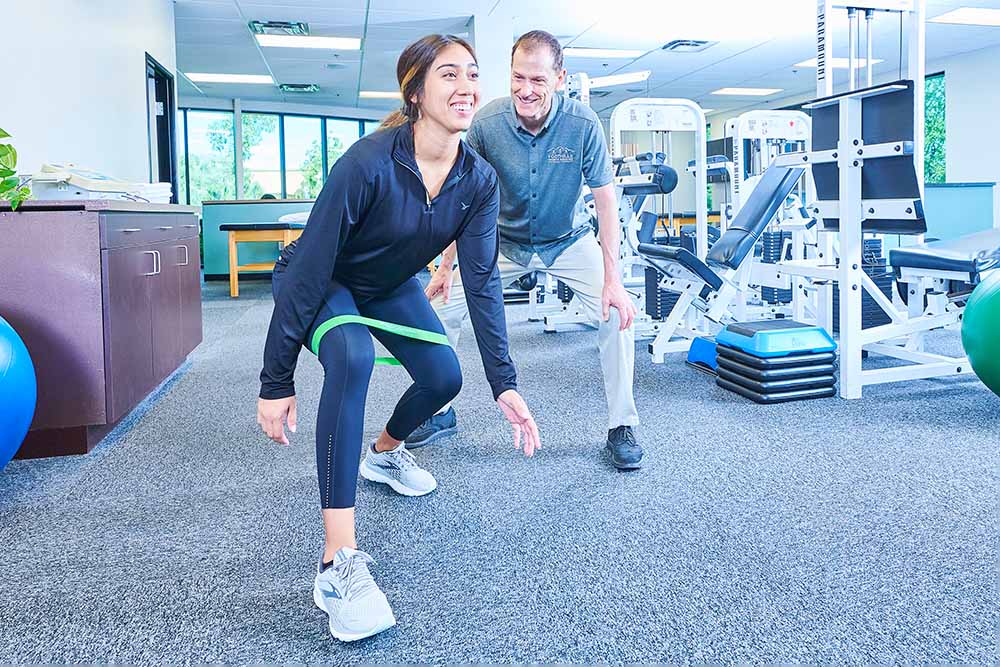Supporting Recuperation and Strength By Incorporating Mindfulness Practices in Physical Rehabilitation for Soreness Management
Wiki Article
Athletic rehabilitation is a critical phase for sportspeople recovering from physical setbacks. It assists them regain endurance, agility, and self-belief to go back to their sport. One emerging method gaining traction in this area is the use of mindfulness methods. Mindful awareness involves focusing on the here and now moment and being aware of one’s thoughts and feelings without evaluation. This approach can significantly enhance rehabilitation and mental strength in individuals undergoing rehabilitation, especially when managing discomfort.

Discomfort is often a significant barrier for individuals during recovery. Standard methods of pain management may include drug therapy and physical therapy. However, these methods do not always address the emotional and cognitive aspects of pain. Awareness-based methods can play a key role in relieving discomfort by teaching patients how to handle discomfort. By practicing present-moment awareness, patients can learn to observe their pain without becoming consumed by it. This mental reframing can reduce anxiety and improve overall well-being during the healing journey.
Incorporating mindfulness into athletic recovery can also improve concentration and concentration. When patients are mindful of their thoughts and feelings, they can better align with their recovery goals. Techniques such as breath control, mental training, and visualization can help explanation patients stay centered. For example, before a therapy appointment, an athlete might take a few moments to engage in breathwork and picture themselves achieving each step. This practice can enhance motivation and increase the impact of their treatment program.
In addition, awareness-based see page practices can foster a resilient outlook in sportspeople. A hopeful mindset is vital for healing, as it encourages grit despite obstacles. Patients who practice mental presence are more likely to develop psychological endurance—the ability to bounce back from difficulties. They learn to view their limitations not just as obstacles, but as learning moments. This change in outlook can lead to improved emotional health, which is key in navigating recovery and achieving long-term goals in physical therapy.
Ultimately, integrating present-moment tools into rehabilitation protocols offers multiple benefits for athletes dealing with healing challenges. By promoting recognition of inner experiences, mental clarity helps athletes manage pain more skillfully while enhancing mental engagement and commitment. Moreover, it encourages a constructive attitude that fosters inner strength throughout the rehabilitation timeline. As research continues to explore the role of mindfulness in recovery programs, it becomes increasingly clear that these tools are valuable tools for helping athletes achieve maximal healing and return to their sport more capable than before.